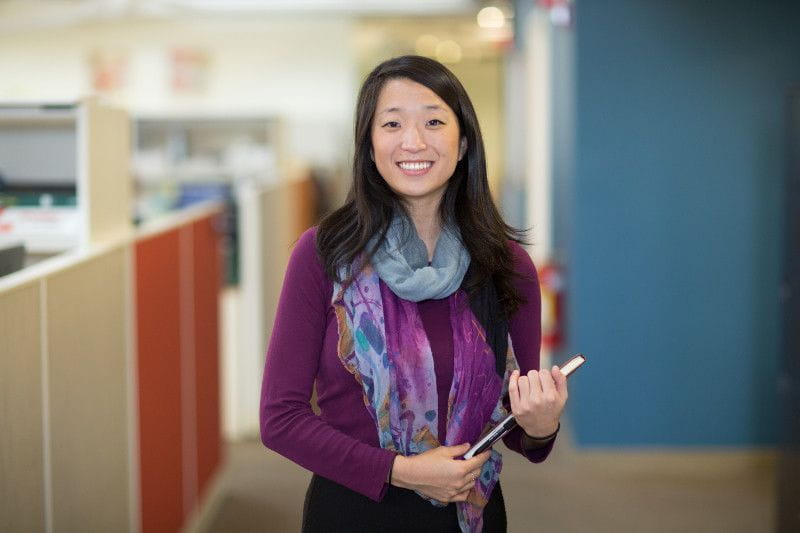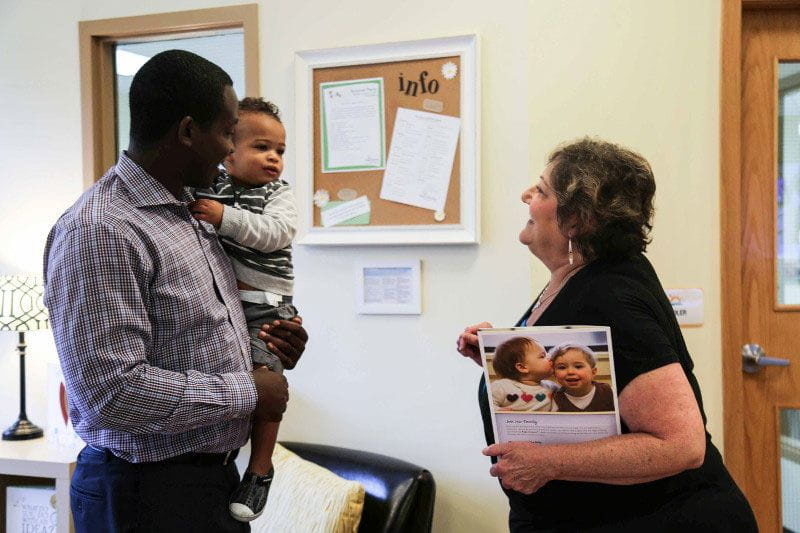As our communities begin to reopen and COVID-19 restrictions lift, parents and caregivers are reminded that their children have lost a lot of socializing time. It has been over a year of cancelled birthday parties, playdates, sports, dance and art classes, and all other activities where young children typically get to spend time outside of school socializing with peers.
Why is socializing so important for children?
Social development influences all other areas of your child’s development. Children need social interaction to thrive and encourage healthy brain development.
When kids socialize, they learn:
- how to interact with others
- empathy skills
- how to give and take
- negotiation
- social cues
- social norms
The above skills help encourage cognitive development, literacy development, and physical development. These areas of growth are all intertwined!
What can you do to help your child’s social skills after a year of missed opportunities?
First, let’s reframe the idea of loss--children have still been socializing this year! They socialize each day with you and the other people (and animals!) in your home. There is give and take, back and forth, accommodating each other, reading cues, and playing together. Remind yourself that there has not been a complete absence of learning social skills, it has just looked different this past year. There's need to express your stress or anxiety to your child, such as saying, “I’m worried that you haven’t had a playdate in so long!” Instead, remain calm and confident with your child.
Play is a wonderful way to build social skills.
It is a natural human need to play, and children need time to do it each day. Play can be structured, such as a board game, or unstructured, such as playing with blocks in a self-directed way. Games like Simon Says or Red Light, Green Light help preschoolers practice social skills, like taking turns, following directions, and having self-control.
For infants, playing games like peek-a-boo can encourage back-and-forth babbling, a foundation for later social development.
If your child acts clingy or timid in a social situation this summer, it is not necessarily a reaction to the past year. It may be that your child’s temperament is more withdrawn or slow to warm up. Read your child’s cues, meet them where they are, and give them the support they need to help ease them into the play with other kids. This may mean standing with your child while observing other children playing, and narrating what you see. Perhaps you child will want you to join them in the play with other kids! You can step out for a few minutes and rejoin as your child becomes more comfortable.
Children’s brain are growing at such a rapid rate that the social development door is not closed! They are learning and growing each day and will be able to make up for lost social time this summer as they rediscover friends and the joys of being with others.
More Resources on Building Social Skills After COVID-19
- Be sure to listen to our Teach. Play. Love. podcast episode, “Making Up for Lost Social Time” to hear our education experts Rachel Robertson and Claire Goss discuss how to ease our children back to socialization.
- If you’re looking to restart playdates, here are some good reminders to help make them successful and fun for both you and your child.
- Need more play ideas for your child and their friends? Check out our website, Bright Horizons World at Home.




